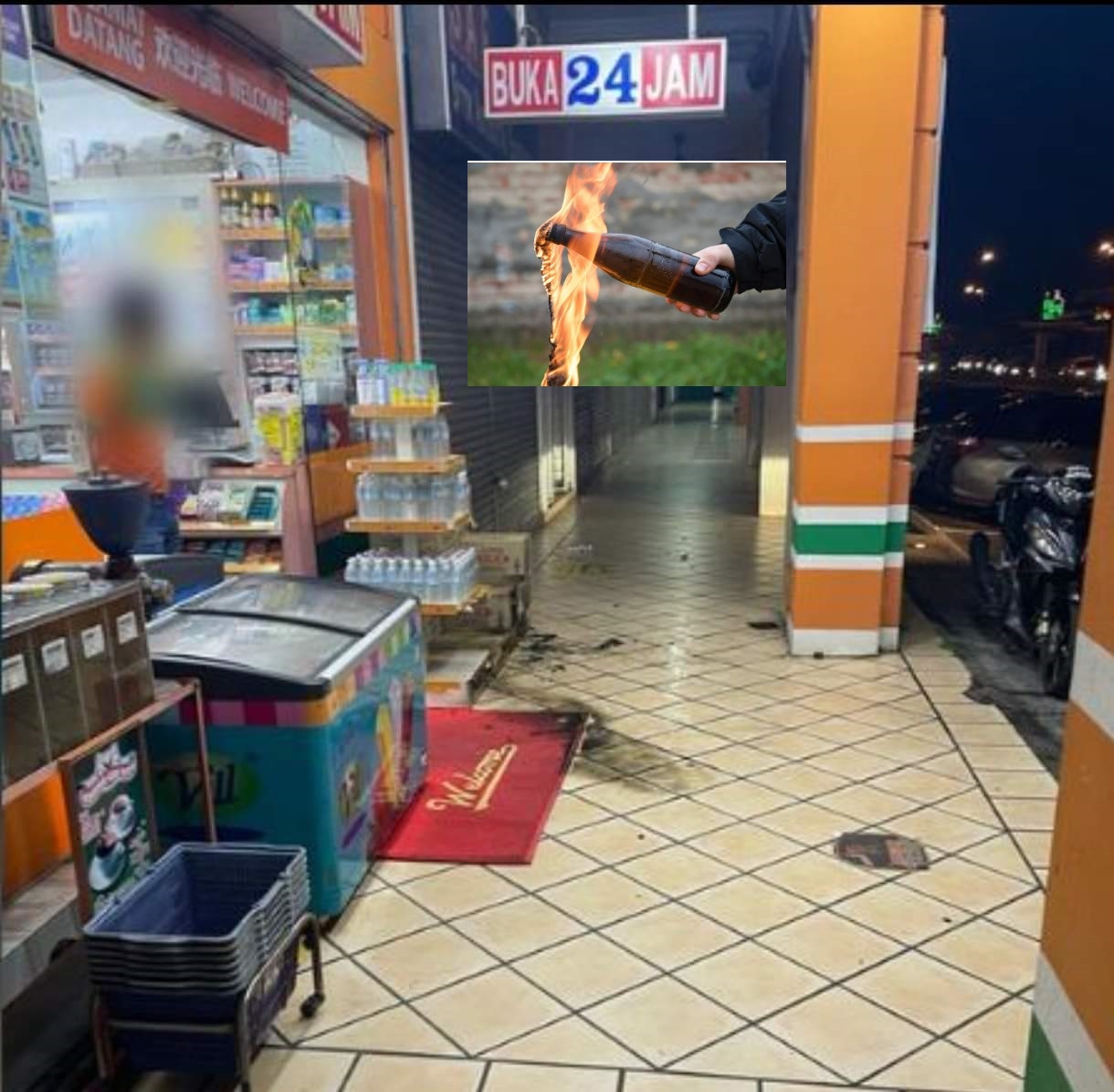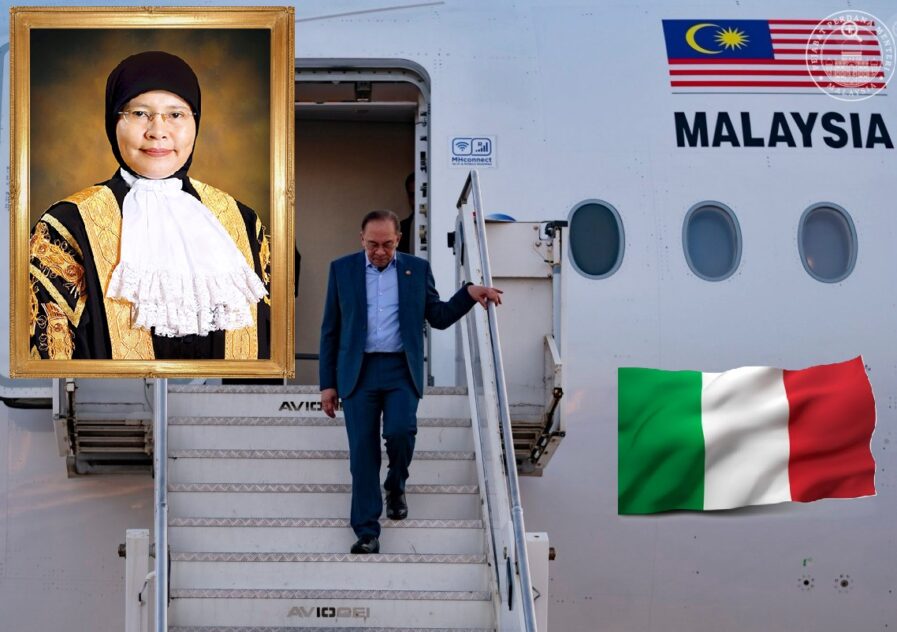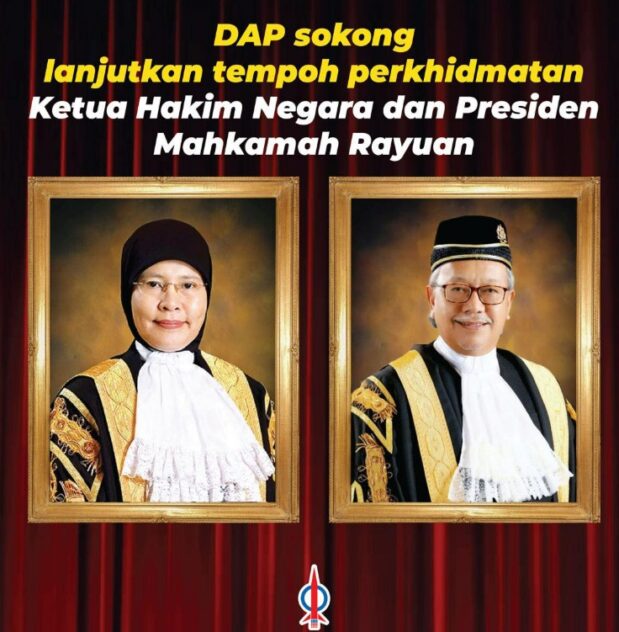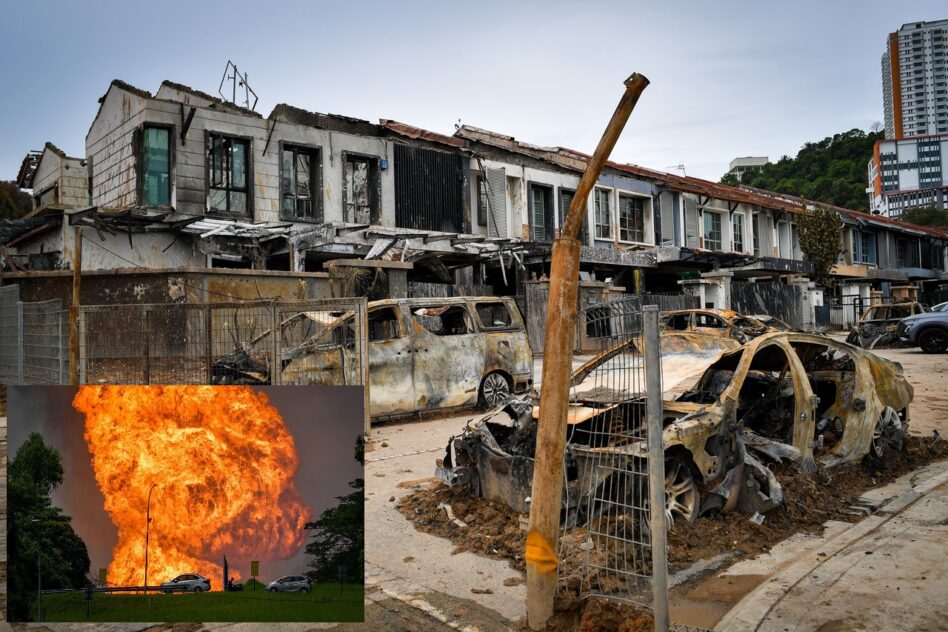SET against the backdrop of a third Molotov cocktail attack against the most unlikely of KK Super Mart targets – the Jalan Satok outlet in Kuching (main image) which is the home base of its founder Datuk Seri Dr Chai Kee Kan – one can only deduced that the entire Allah inscription on socks controversy has boiled over.
As UMNO Youth chief Dr Muhamad Akmal Saleh is not only ‘unrepentant’ but remains adamant to proceed with his boycott antic against all 881 outlets within the 24-hour convenience store chain, one wonders how much longer the brain behind current unruly state of affairs can remain invisible from the long arm of the law.
While the Merlimau state assemblyman is right in contending that this is all about “defending the Islamic faith from traitors and tycoons”, one truly wonders how many more fire-bombs incidents – thankfully no bodily injury or fatality thus far – do Malaysians have to endure before action is finally taken against the mastermind or vigilantes?
Obviously, pursuing criminal law against the irrational rabble rousers is the best option to safeguard peace after two earlier attacks at the Bidor (Perak) and Kuantan (Pahang) KK Super Mart outlets.
But in the absence of it given the Russia-trained medical doctor remains very much unremorseful over his provocative actions of having spewed so much racial/religious hatred to rally Muslims in partaking the boycott exercise despite the KK Super Mart management having apologised over the matter and its founder even charged in court, what options are there left?
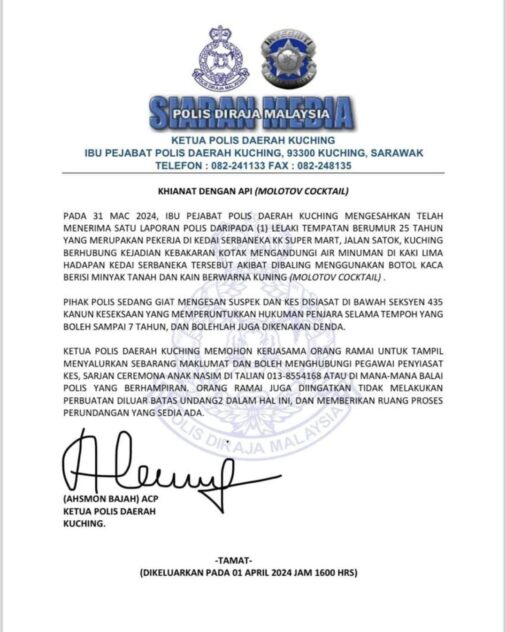
FocusM had reached out to experts. According to Leonard Yeoh and Caleb Sio of Tay & Partners who are experts in this area, one may be held liable for engaging in unlawful interference with trade if it can be proven that the individual has the intention to injure a particular business.
However, to establish a cause of action for unlawful interference with trade, the suing party must demonstrate that the means used were unlawful – a somehow tedious or time-consuming process.
“Presently, Malaysian laws have not evolved to recognise the calling of a boycott as unlawful, unlike in certain countries,” the duo told FocusM. “Nevertheless, depending on how the boycott is orchestrated, a civil claim could arise if the act of calling for a boycott is found to be an offence under the Penal Code.”
Among others, the Penal Code states that it is unlawful to organise, promote or arrange any activity that causes, attempts to cause or is likely to cause disharmony on religious grounds among individuals or groups of individuals professing the same or different religions.
“But it remains to be seen whether Malaysian courts are prepared to acknowledge the calling of boycotts which relates to religious and racial sentiments with the intent of injuring a business as ‘unlawful’,” added both lawyers. – April 2, 2024
Main image credit: tuncarlos.com


